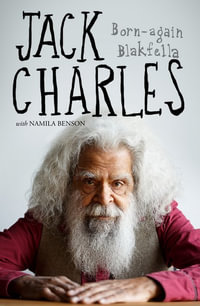We are living through tumultuous times, in which the discourse of the War on Terror draws upon terms that hark back to ancient notions of tragedy: heroes, sacrifice, good and evil. People respond to disaster in ways that have much in common with practices in tragic drama. What can we learn from the tradition of tragedy? And how can a literary attention to tragedy help us to analyse current dilemmas of citizenship, political responsibility, spectacle, grief and mourning, justice and ethical responsibility?
From the trauma of September 11th, through the wars in Afghanistan and Iraq, to the aftermath of the Arab Spring and the environmental warning signs of climate change, this book reflects on the crises and terrifying events of the early 21st century and argues that a knowledge of tragedy from the works of Sophocles to Shakespeare to Samuel Beckett can help us understand them. Jennifer Wallace offers a cultural analysis of the tragic events of the past two decades with reference to a litany of key dramatic texts, including Aeschylus's Oresteia, Euripides' Hecuba, Iphigenia in Aulis, Trojan Women and Bacchae, Homer's Iliad, Ibsen's Emperor and Galilean and Enemy of the People, and Shakespeare's Julius Caesar, Macbeth and King Lear, among others.
Industry Reviews
Powerful, deeply felt, thoughtful and convincing. * Times Higher Education *
Jennifer Wallace's gripping book explores how the tragic tradition can still engage us today. In a learned yet passionate study, Wallace overturns tired commonplaces about canonical tragedies and makes these plays compelling models for framing the horrors of the past two decades. -- Rebecca W. Bushnell, University of Pennsylvania, Emerita Professor of English
This book is unique in its conception of the ancient trope of the tragic as the best guide to the crisis of the 21st century. Concerned with tragedy as both a literary and a political mode, Wallace brilliantly explains how it helps us negotiate the most pressing problems of modern society, from terrorism and environmental catastrophe, to the suffering of refugees on the shifting sands of our time. -- Simon Gikandi, Princeton University, USA
























